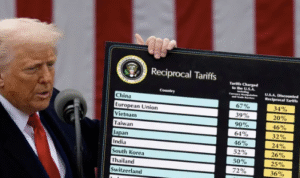The recent decision to reduce U.S. aid has led to a severe crisis in Liberia, particularly affecting healthcare services in the Sarworlok region. Numerous health clinics have been forced to shut down, leaving many communities without essential medical care.
Impact on Health Services
The closures have resulted in limited access to basic health services such as immunizations, maternal care, and treatment for common illnesses. This development is alarming for public health officials and residents alike, as it raises concerns about increased disease outbreaks and deteriorating health conditions.
Reasons Behind the Aid Cuts
Several factors contributed to the reduction in aid, including shifting priorities in U.S. foreign policy and budget constraints. These reductions come at a critical time when many Liberian communities continue to recover from previous health emergencies.
Community Response and International Appeal
Local leaders and international organizations have issued urgent calls for renewed support to restore healthcare services. Efforts are underway to seek alternative funding and partnerships to mitigate the impact of the aid cuts.
Possible Solutions
To address the crisis, it is essential to:
- Mobilize additional international aid and resources.
- Strengthen local healthcare capacity and infrastructure.
- Implement sustainable development programs to reduce dependency on foreign aid.
- Encourage community-led health initiatives.
The situation in Sarworlok underscores the fragile nature of healthcare systems in regions heavily reliant on external funding, highlighting the need for comprehensive strategies to ensure long-term health security.








Average Rating